
A council tax increase, a £700,000 draw from reserves and a new premium payment for second homes have been agreed by Hastings councillors.
On Wednesday (February 21), Hastings Borough Council agreed its budget for 2024/25, including a 2.99 per cent increase in its share of council tax — the maximum amount available without holding a local referendum.
As previously reported, the council had already agreed to substantial savings for 2024/25, which stand at £3.887m following some amendments since the proposals were first agreed in December.
Council leader Julia Hilton (Green) said:
“The good news is that after identifying additional savings after years of government cuts to our budget, Hastings Borough Council is in a much healthier financial position than even a few months ago.
“However, while our budget forecast is looking healthier, it is still predicated on savings of £3.9m on a revenue budget of just under £15m. This is just not sustainable long term and it is clear that the system for financing local government is completely broken.
“When you pay more council tax for a semi in Hartlepool than an £8m mansion in Westminster, you know something is fundamentally awry with the system for financing local government and yet the government settlement for councils is based on the assumption that we will all make the maximum rate rise allowable.”
The 2.99 per cent increase will see the average Band D household pay £298.76 to the borough council next year, £8.67 more than in the current financial year.
Some property owners could soon pay more, however, as the council intends to introduce a new premium payment for second homes following a change in national legislation. This premium could see the owners of second homes pay double their usual council tax bill from April 2025.
More immediately, the council is also proposing to reduce the time period before an existing 100 per cent premium applies to empty homes. Currently, a property owner can leave a home unoccupied and unfurnished for up to two years before the premium bites; the council will reduce this period to 12 months from April.
Despite cuts and additional income, the council still expects to face an overall budget shortfall of around £700,000 in 2024/25. This shortfall will have to be made up with money drawn from reserves, but this is not expected to bring the council’s reserves below the £4m minimum.
This £700,000 figure is based on the council achieving all of its savings proposals, a prospect officers acknowledge will not be easy.
The budget’s savings, initially approved in December, are extensive. They include: staffing cuts and changes; a £15,000 cut to the council’s events budget; asset sales; the removal of Youth Council funding; a move to ‘cashless’ operations; and increases in fees and charges, among other cost-saving measures.
Hastings Independent councillor Paul Barnett, former council leader and current cabinet member for finance, argued these savings were part of a ‘good news budget’ for the town, however.
Cllr Barnett said:
“It is good news because it is sensible, in that it sets out how we can live within our means. It is good news because it is realistic, in that it uses a prudent forecast of both our incomes and our likely savings. And it is good news because it is reassuring, as it makes it clear that we can balance the books not just this year but in the following two years as well.
“Because I am fed up, as I am sure many of you are here this evening, of the talk of Hastings going bust. Unlike Birmingham and other councils … we will not be declaring section 114 here; it is time instead to talk up the town’s prospects and setting a secure budget will enable this council and our many partners to do just that.”
Conservatives (currently the council’s largest party) opted to abstain from voting on the Green/Ind administration’s proposals.
Their leader Andy Patmore said the budget showed the council was ‘heading in the right direction’, but took the opportunity to set out his criticisms of the decision-making of the council’s previous leaderships.
Cllr Patmore said:
“The year was punctuated by a totally avoidable self-inflicted harm. For the first time the council met in December so that officers had more time in preparing the ground for shared service transitions which will form a major part of our efficiencies going forward.
“What was unknown at that meeting was the self-coup … which could take place immediately after and the Labour group imploding and splintering into two groups. Of course it is any councillor’s unalienable right to make a decision like that … but it is quite clear that there are implications.”
These implications, Cllr Patmore argued, were set out in a report by the council’s chief finance officer, which said the political uncertainty had been a “contributing factor” in the council reducing its initial savings target.
Cllr Patmore said:
“To put that in financial terms, the difference between the savings proposals in December and today were reduced by half a million pounds. At budget cabinet it got worse and the transformation programme has now been extended from three to five years.
“It doesn’t take a great deal of extrapolation does it? To see from the budget papers, as a direct result of the actions taken by six ex-Labour cabinet members, it cost residents half a million pounds and the transformation programme put back by two years.
“Just think councillors … where you could have spent that half a million pounds. It is a lot of money, it is an enormous amount of money.”
The council’s Labour group, meanwhile, put forward a late amendment. While not adopted, this amendment called for the reversal of three savings proposals. These were: the deletion of a vacant warden post; the deletion of a vacant Customer Service Officer post; and a £15,000 cut to the council’s events budget.
Labour group leader Heather Bishop said:
“If you push the staff and cut these frontline posts and don’t recruit to them you end with a bit of a false economy. You’ve got to think of the staff welfare and the cost of temporary staff … so I don’t think you are really making a big saving when you are talking about these members of staff … who are probably on £22,000 and £25,000 a year, I’m not exactly sure what those figures are.
“So I would implore people to save these two frontline service members of staff and keep these two jobs. There are some really wild figures in this budget, which could really change very quickly.”
Ultimately, the amendment was not accepted however, with several members criticising Labour for putting forward what was described as a ‘performative’ proposal.


 Free Open-Air Painting Exhibition Coming To Chichester
Free Open-Air Painting Exhibition Coming To Chichester
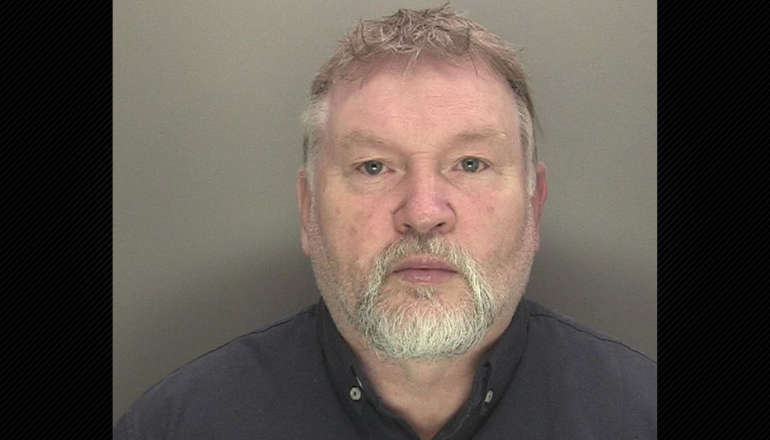 Man Jailed For Rape And Sexual Abuse Of Young Girl In Crowborough
Man Jailed For Rape And Sexual Abuse Of Young Girl In Crowborough
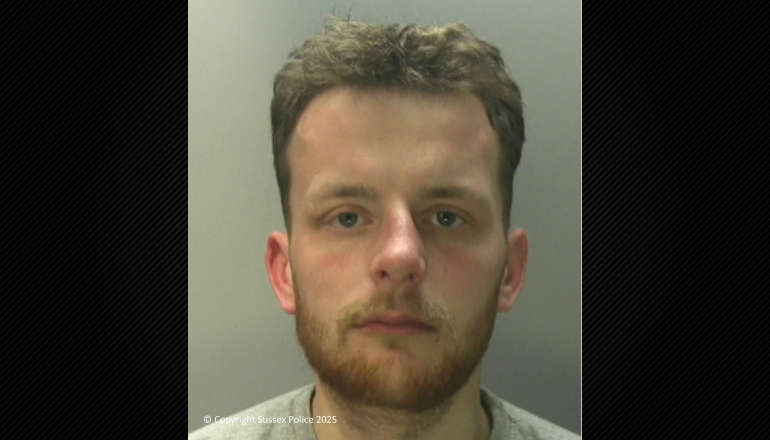 Man Sentenced For Assault Of Ambulance Worker
Man Sentenced For Assault Of Ambulance Worker
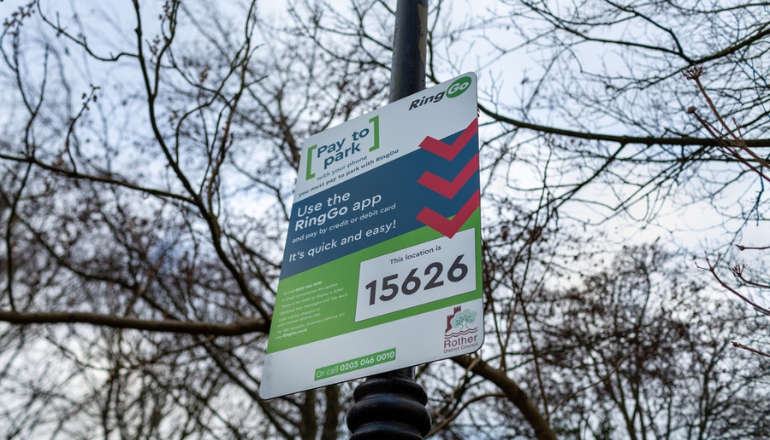 Council Leaders Drop New Car Park Fee Plans
Council Leaders Drop New Car Park Fee Plans
 More West Sussex Schools And Other Buildings To Benefit From Solar Power
More West Sussex Schools And Other Buildings To Benefit From Solar Power
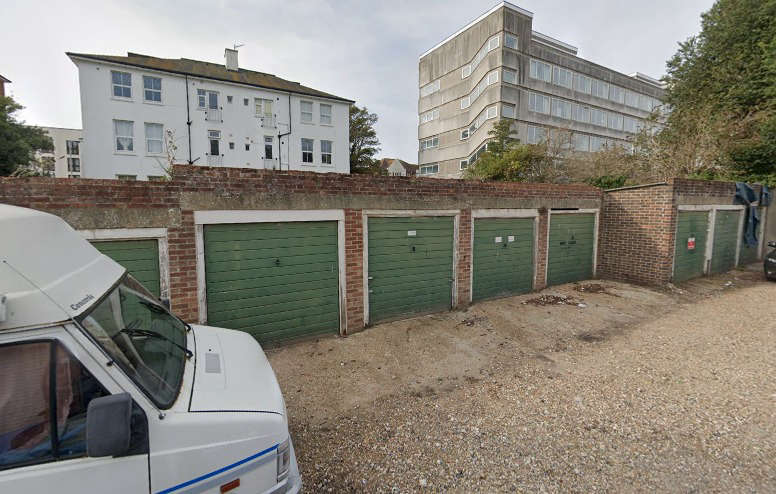 Alternative Proposals Put Forward For Eastbourne Homes
Alternative Proposals Put Forward For Eastbourne Homes
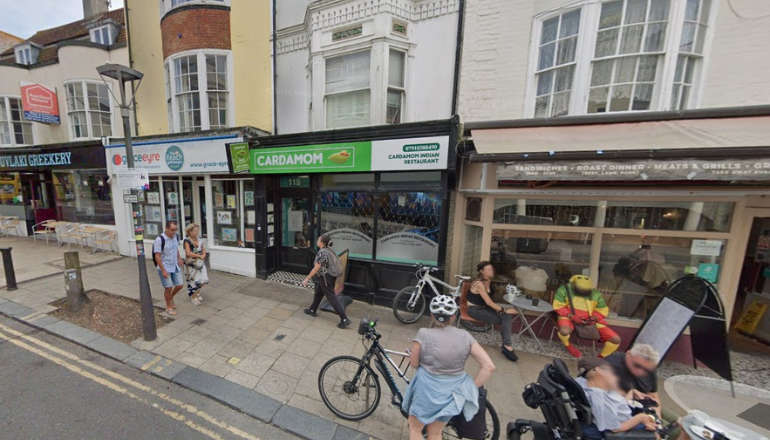 Licensing Chiefs Lose Confidence In Restaurant Owner
Licensing Chiefs Lose Confidence In Restaurant Owner
 Man Pleads Guilty To Kidnapping Woman In Hove
Man Pleads Guilty To Kidnapping Woman In Hove
 Appeal After Man Robbed At Park In Newick
Appeal After Man Robbed At Park In Newick
 Man Pleads Guilty To Eastbourne Theatre Burglary
Man Pleads Guilty To Eastbourne Theatre Burglary